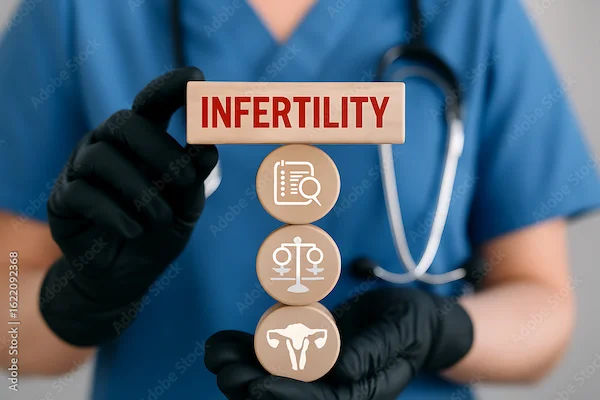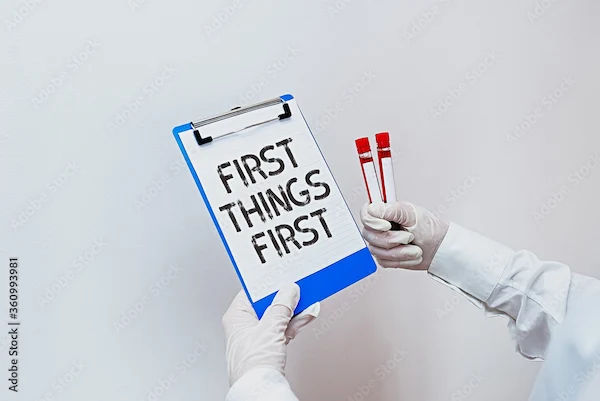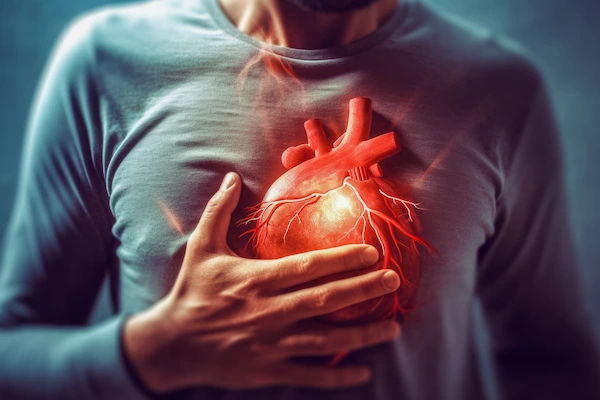Understanding 3D Mammography Options
Learn about 3D mammography, how it differs from traditional 2D scans, its benefits for early cancer detection, and who should consider this advanced screening method.

Written by Dr. Dhankecha Mayank Dineshbhai
Reviewed by Dr. Siri Nallapu MBBS
Last updated on 13th Jan, 2026

Introduction
Mammograms are an essential tool in detecting breast cancer early, when treatment is most effective. While traditional 2D mammograms have been the standard for years, 3D mammography (also called digital breast tomosynthesis) is an advanced imaging technique that offers clearer, more detailed images of breast tissue.
If you’re considering a mammogram or have been advised to get one, understanding your options can help you make an informed decision. This article explains what 3D mammography is, how it differs from traditional mammograms, its benefits, and who might benefit the most from it.
What Is 3D Mammography?
A 3D mammogram is an imaging test that takes multiple X-ray pictures of the breast from different angles. Instead of viewing the breast as a single flat image (like in a 2D mammogram), the radiologist can examine thin, layered sections of breast tissue. This helps detect abnormalities that might be hidden in dense breast tissue.
How Is It Different from a Traditional (2D) Mammogram?
Who Should Consider 3D Mammography?
While all women over 40 should get regular mammograms as part of breast cancer screening, 3D mammography may be especially helpful for:
Women with dense breast tissue (dense tissue can hide tumours in 2D scans).
Those with a family history of breast cancer.
Women who have had unclear or abnormal results in past mammograms.
Those at higher risk due to genetic factors (e.g., BRCA gene mutations).
If you’re unsure whether you need a 3D mammogram, consult your doctor.
Benefits of 3D Mammography
1. Earlier Cancer Detection: Small tumours are easier to spot, even in dense breasts.
2. Fewer False Alarms: Reduces unnecessary callbacks for additional tests.
3. Better for High-Risk Patients: Provides clearer images for those with a family history of breast cancer.
4. More Comfortable: The compression time is similar to a 2D mammogram, but the process is quicker.
Consult Top Specialists for Personalised Tips
What to Expect During the Procedure
The experience of a 3D mammogram is very similar to a traditional mammogram:
1. You’ll stand in front of the machine, and a technician will position your breast on a plate.
2. Another plate will gently compress the breast to get clear images (this may feel uncomfortable, but lasts only a few seconds).
3. The machine takes multiple X-rays from different angles.
4. The whole process takes about 15-20 minutes.
Does It Hurt?
Some women find mammograms slightly uncomfortable due to breast compression, but the discomfort is brief. If you’re concerned, schedule your test a week after your period, when breasts are less tender.
Are There Any Risks?
Radiation Exposure: 3D mammograms use slightly more radiation than 2D, but the amount is still very low and considered safe.
Cost: Some insurance plans may not fully cover 3D mammograms, so check with your provider.
Tips for a Smooth Mammogram Experience
Schedule Wisely: Avoid scheduling during your menstrual cycle when breasts are more sensitive.
Skip Deodorant: Some contain metals that can interfere with imaging.
Wear Comfortable Clothing: A two-piece outfit makes changing easier.
Bring Past Reports: If you’ve had previous mammograms, share them for comparison.
When Should You Get a Mammogram?
Age 40+: Annual screening is recommended for most women.
High-Risk Patients: Earlier and more frequent screenings may be advised.
If you notice any breast changes (lumps, pain, nipple discharge), don’t wait—see a doctor immediately.
How to Book a 3D Mammogram?
If you’re due for a mammogram or want to explore 3D mammography options, Apollo 24|7 makes it easy to schedule your test.
Book your mammogram today through the Apollo 24|7 app or website for a quick, accurate, and comfortable screening experience.
Final Thoughts
Breast cancer is highly treatable when detected early. 3D mammography provides a more detailed view, especially for women with dense breasts, reducing the chances of missed diagnoses. If you’re unsure which type of mammogram is right for you, talk to your doctor.
Consult Top Specialists
Consult Top Specialists for Personalised Tips

Dr. Mainak Baksi
General Practitioner
13 Years • MBBS , MD (MPH)
Howrah
Mainak Baksi Clinic, Howrah
(50+ Patients)

Dr. Rajib Ghose
General Physician/ Internal Medicine Specialist
25 Years • MBBS
East Midnapore
VIVEKANANDA SEBA SADAN, East Midnapore

E Pradheep
General Physician/ Internal Medicine Specialist
38 Years • MBBS
Bengaluru
Apollo Clinic, Sarjapur Road, Bengaluru
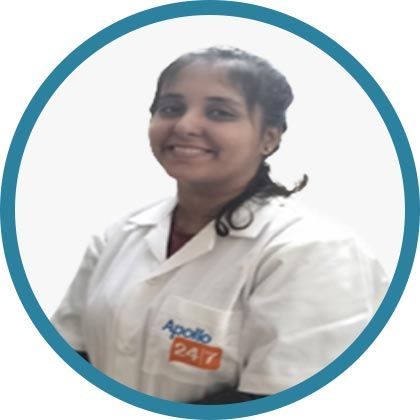
Dr. Ashita Kuruvilla
General Practitioner
7 Years • MBBS
Kolkata
KVC CLINIC, Kolkata
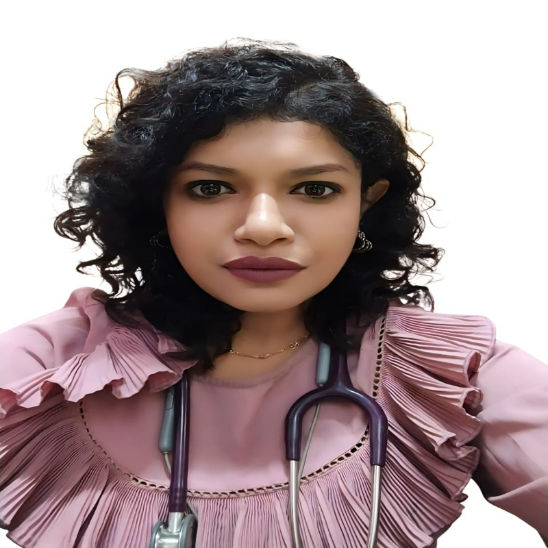
Dr. Sriya Mukherjee
General Practitioner
10 Years • MBBS
Kolkata
SEVA POLYCLINIC, Kolkata
Consult Top Specialists

Dr. Mainak Baksi
General Practitioner
13 Years • MBBS , MD (MPH)
Howrah
Mainak Baksi Clinic, Howrah
(50+ Patients)

Dr. Rajib Ghose
General Physician/ Internal Medicine Specialist
25 Years • MBBS
East Midnapore
VIVEKANANDA SEBA SADAN, East Midnapore

E Pradheep
General Physician/ Internal Medicine Specialist
38 Years • MBBS
Bengaluru
Apollo Clinic, Sarjapur Road, Bengaluru

Dr. Ashita Kuruvilla
General Practitioner
7 Years • MBBS
Kolkata
KVC CLINIC, Kolkata

Dr. Sriya Mukherjee
General Practitioner
10 Years • MBBS
Kolkata
SEVA POLYCLINIC, Kolkata
